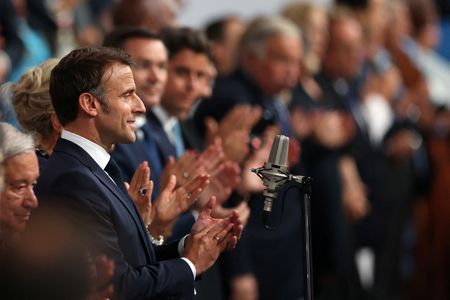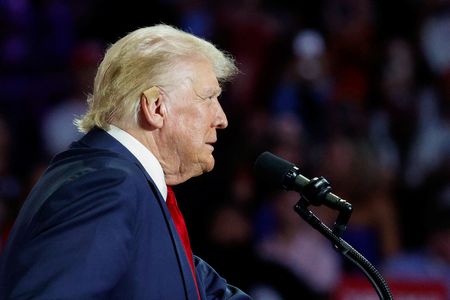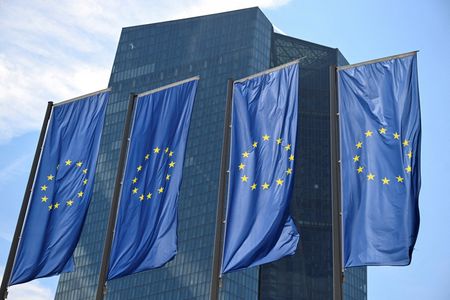By Felix Light
TBILISI (Reuters) -Georgia’s ruling party said on Wednesday it would reintroduce a bill requiring organisations which accept foreign funds to register as foreign agents, withdrawn last year after protests from opponents who likened it to Russian-style repression.
In a briefing, the head of the Georgian Dream governing bloc’s parliamentary faction Mamuka Mdinaradze said Georgia’s opposition had misled the public about the bill last year, and an almost identical bill would be passed before parliament breaks up for an election in October.
The bill would require Georgian organisations receiving more than 20% of their funding from abroad to register as “foreign agents” or face fines. It has been likened by critics to a law that Russian President Vladimir Putin has used to crush dissent for more than a decade.
Georgian Dream abandoned an attempt to introduce the bill in March 2023 after two nights of violent protests in Tbilisi and criticism from Western countries who called it an example of democratic backsliding.
Georgia received candidate status in December for membership in the EU, but the governing party has maintained its rhetoric against civil society organisations, which it has accused of plotting revolution in Georgia.
Georgia’s opposition dubbed the foreign agent bill a “Russian law”, a potent charge in a country where Moscow is widely disliked for its support of the breakaway territories of Abkhazia and South Ossetia.
Georgian Dream, which has governed Georgia since 2012, has in recent years been accused by domestic and Western critics of authoritarian tendencies and excessive closeness to Russia.
The party was founded by billionaire Bidzina Ivanishvili, Georgia’s former prime minister and one of its richest men, still widely seen to wield control over it.
Opinion polls show that the party remains Georgia’s most popular, but that it has lost ground since 2020, when it secured a narrow parliamentary majority.
Last month, the party said it would seek to introduce a law imposing sweeping restrictions on LGBT rights, including banning “promotion” of same-sex relationships and gender transitions.
(Reporting by Felix LightEditing by Peter Graff)









